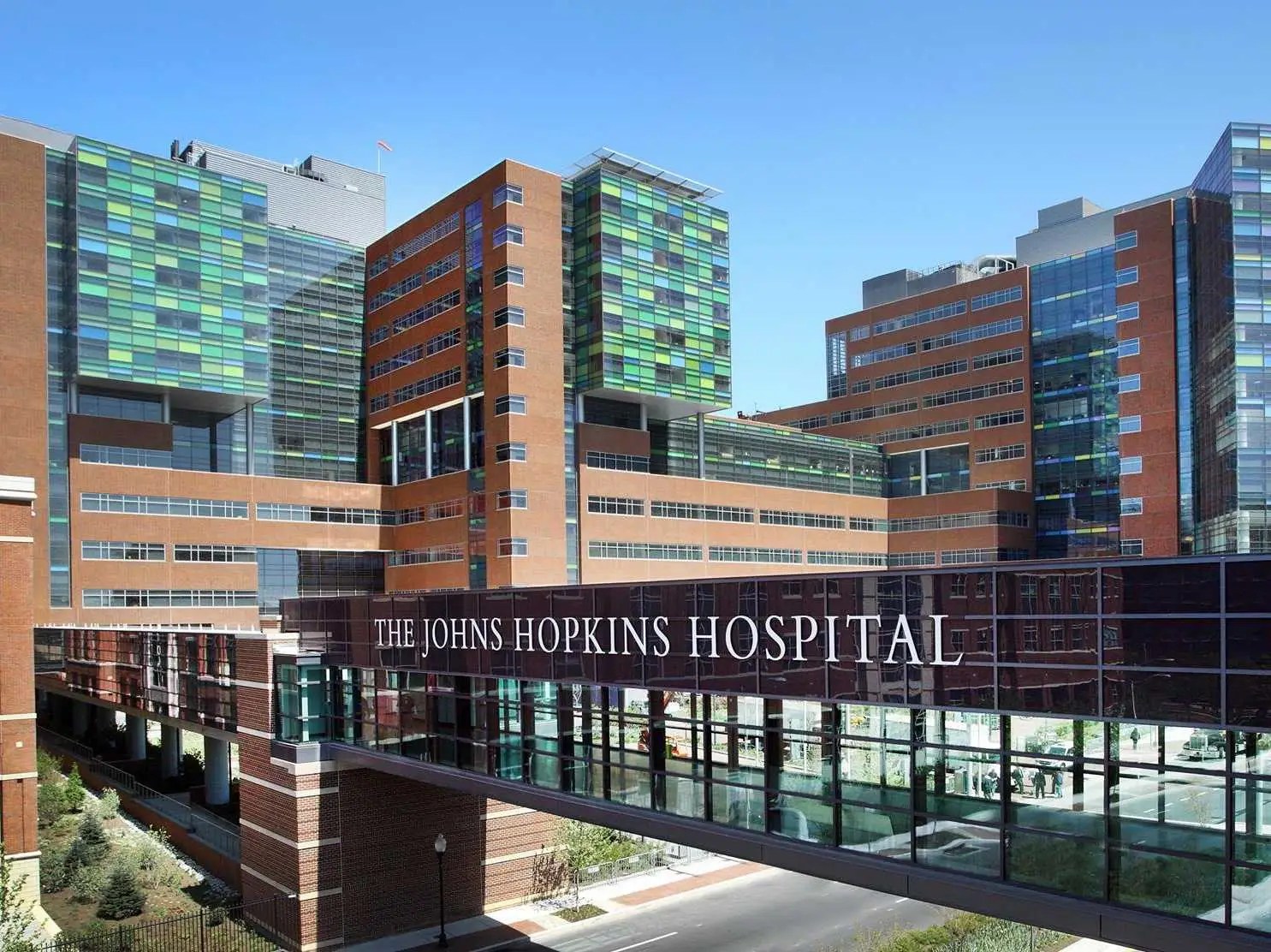Identifying universities with strong research programs in specific medical specialties is essential. For instance, some universities excel in cardiology, neurology, or oncology, providing students with unique opportunities to work alongside leading researchers and contribute to groundbreaking discoveries.
Research Centers and Impact on Patient Care
Specialized research centers within universities play a vital role in advancing medical research and improving patient care. These centers bring together multidisciplinary teams of researchers, clinicians, and students to focus on specific medical conditions or areas of research. By fostering collaboration and sharing resources, these centers accelerate the pace of discovery and innovation, leading to improved treatments and outcomes for patients.
- Example:The Mayo Clinic in Rochester, Minnesota, is renowned for its specialized research centers in cancer, cardiovascular disease, and neurology, which have made significant contributions to medical advancements.
- Example:The Johns Hopkins University School of Medicine in Baltimore, Maryland, houses the Sidney Kimmel Comprehensive Cancer Center, a leading research center dedicated to cancer research and treatment.
Opportunities for Student Engagement in Research
Universities that offer unique opportunities for students to engage in cutting-edge research provide invaluable experiences for aspiring medical professionals. Through research fellowships, internships, and mentorship programs, students can gain hands-on experience in the field, develop their research skills, and contribute to the advancement of medical knowledge.




